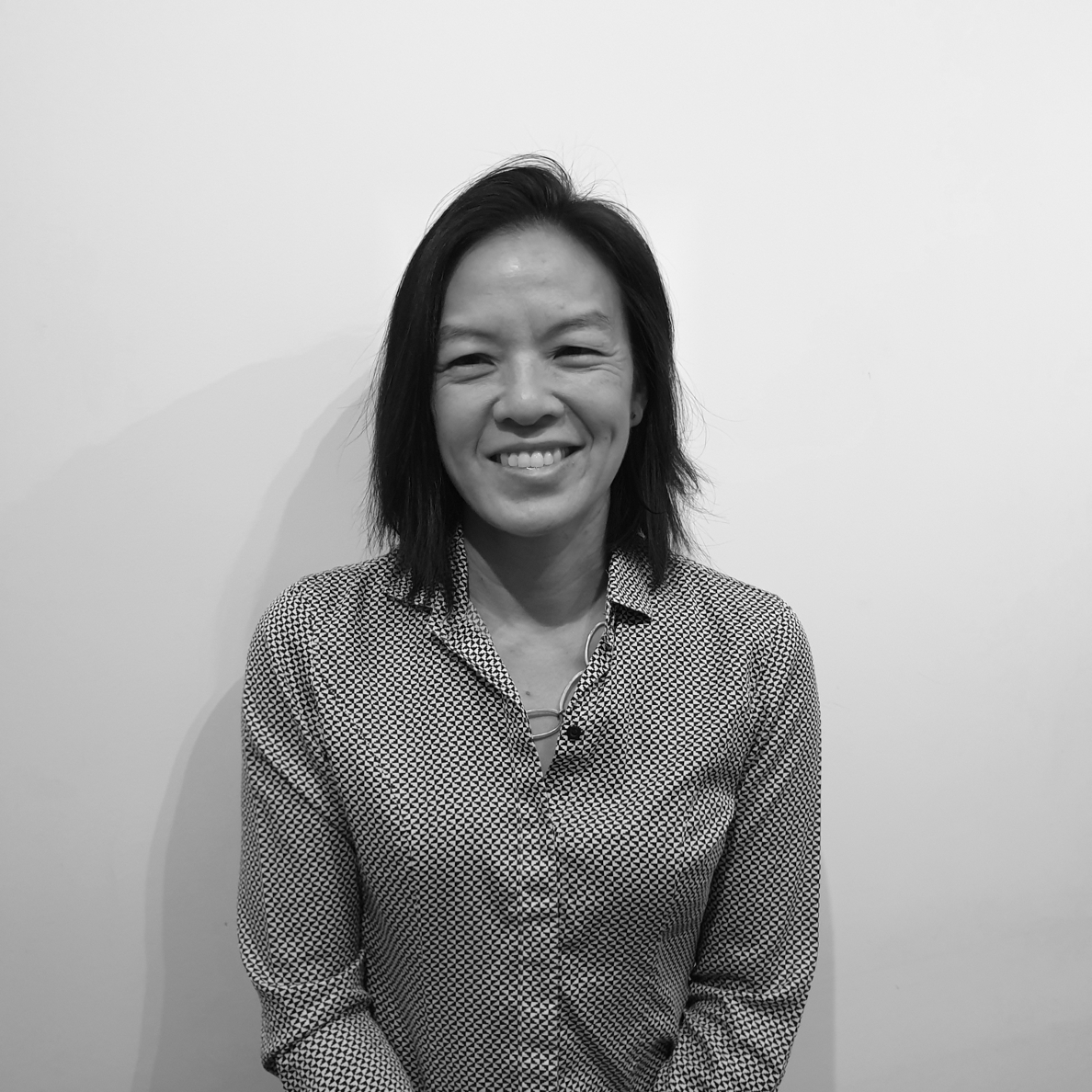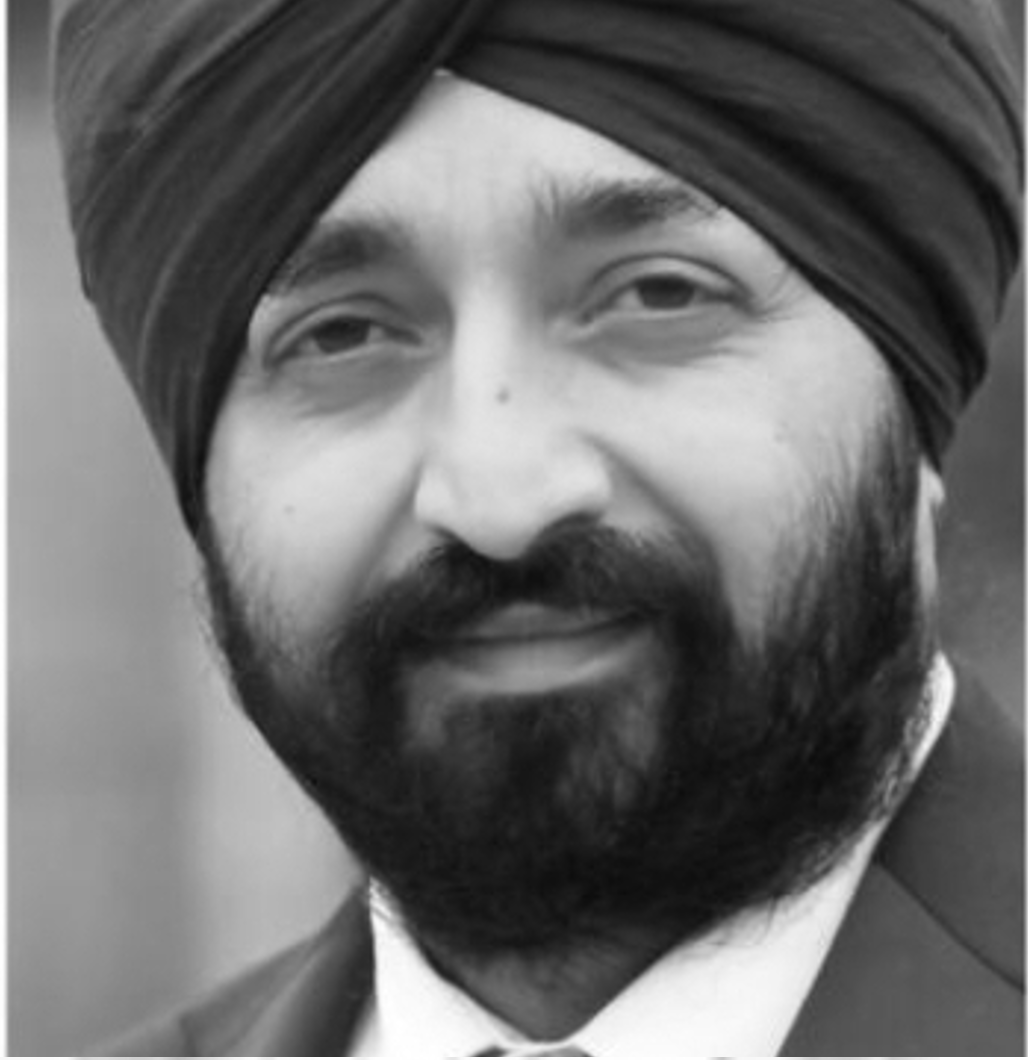Download the report
Read the full report to learn more about the benefits and obstacles of implementing these technologies in primary care settings.
Download the reportThe winners of the London Digital First Primary Care Automation Grants have been announced today by the Health Innovation Network, working in partnership with NHS England. Grants of up to £65k will be awarded to projects across London to pilot automation solutions in primary care.
Automation refers to the design and implementation of technologies to provide services with minimal human involvement. Automating high-volume, repetitive, rule-based tasks can improve productivity, efficiency, reliability, compliance, speed and accuracy, colleague morale, and integration between people and process. This can help free up clinical and administrative staff so they can focus on securing the best possible outcomes for patients.
Over £600,000 has been allocated across eleven innovative primary care projects in London. Grant applications were assessed upon the scope, scale, impact, sustainability, and opportunities for spread and adoption of their projects. Pilots will be monitored against agreed metrics over the next 12 months, before being evaluated.
“Primary care faces an ever increasing workload. It is exciting to see these automation pilots provide hope for a range of solutions to tackle this workload with improved outcomes for both staff and patients. It might not be long before we look back and wonder how did we ever manage without some of these automation solutions” - Dr Shanker Vijay London Region GP Clinical Lead Digital First Programme, NHS England
The grants programme provides a unique opportunity for us to pilot a variety of innovative automation solutions that can transform the way practices manage their workload. We hope that through this work patient care and staff morale will be improved by automated processes freeing up both clinical and administrative staff from some of the most time consuming and repetitive tasks they currently undertake." - Matt Nye, Director, London Digital First Programme
Lambeth Healthcare Federation are using Healthtech-1 automation technology to establish full automation of online registration into the clinical system (EMIS). Automating online patient registrations will allow patients to register within minutes, remove user data errors, reduce administrative data input time, allow accurate demographic collection, and ensure households are appropriately aligned to support safeguarding principles. Health-tech 1 is currently on the DigitalHealth.London Accelerator programme.

NCL plan to improve patient appointment non-attendance for cervical screening in Islington by using a SPRYTs AI powered virtual receptionist named Asa, which interacts with patients via WhatsApp and email. Asa incorporates behavioural science approaches and linguistics to change behaviours. This allows Asa to adjust language and other messaging content and design for specific population segments, to optimise attendance at screening appointments.

The Nightingale Practice is working with Edenbridge (APEX), to automate workforce rota management, predict patient demand and workforce requirements, highlighting surplus and deficit staffing levels. By applying “rules” around capacity requirements and leave-booking, the administrative burden on practice staff will be reduced and access for patients to GP appointments improved.

Modality Medical Services are working with their in-house Robotic Process Automation Team to automate pathology results filing, specifically the automation of bowel cancer screening results. A bot will file 'normal' bowel cancer results, automatically send an SMS to patients with normal BCS results (with guidance of when to contact the GP) and communicate with patients that have been identified as not having participated in the BCS.

The Park Road Medical Centre are working with PatientChase to improve long term condition management and risk stratification in Sutton, Wallington, Cheam, and Carshalton. The automation of self-booking coupled with enhanced risk stratification will allow our centralised call and recall team to focus their efforts on patients with the highest clinical need to access various pro-active health services. A Customer Relationship Management system will be used to record insights through engagement with groups with health inequalities to better understand how best to reach and engage with them.


North 1 PCN & Islington GP Federation will be using GP Automate’s Robotic Process Automation functionality to automate processes for clinical and admin staff through 5 automated products: Lab Reports, New Patient Registration, Accurx Asthma Floreys, Accurx BP Floreys and Accurx Diabetes pre-appointment questionnaires. Through automating these manual and time-consuming tasks they intend to improve patient outcomes, workforce satisfaction and sustainability of general practice.


Barnet PCN 2 is using Blue Prism’s (BP) cloud-based intelligent software to automate the clinical document workflow process. A bot will determine:
This bid complements existing locally run GP Assistant Programme and complements a second PCN2 cancer based clinical pathway automation.

This automation project builds on the EMIS e-safety netting template which is already used across London and aims to track the outcome of important cancer documents via the Health information Exchange (HIE) Cerner portal for patients referred via the two week target pathway. A bot will mimic current process of:

Wandsworth PCN and Battersea PCN are working with JiffJaff and Automation Anywhere to automate high volume and repetitive tasks that can be clinically significant. These include:
Time saved from automating these processes will allow clinical staff members to spend more time on patient care and administrative staff to focus more on patients who require personalised engagement.


Chessington and Surbiton PCNs are working with JiffJaff and Automation Anywhere to automate the filing of ‘normal’ pathology results. Improved automated processes will ensure results are processed quicker and will benefit patients with real-time reporting of their results. Time saved through this automated process will result in clinicians and administrative staff having more time available for the practice and patients.


Havering North Network will be using the CareIQ proprietary automation engine to provide automated recall of patients with hypertension, diabetes and atrial fibrillation.
A central team will oversee the recall using staggered invites and providing a uniform process across the PCN. This will include CareIQ questionnaires, telephone, video, and face to face consultations.



Read the full report to learn more about the benefits and obstacles of implementing these technologies in primary care settings.
Download the report